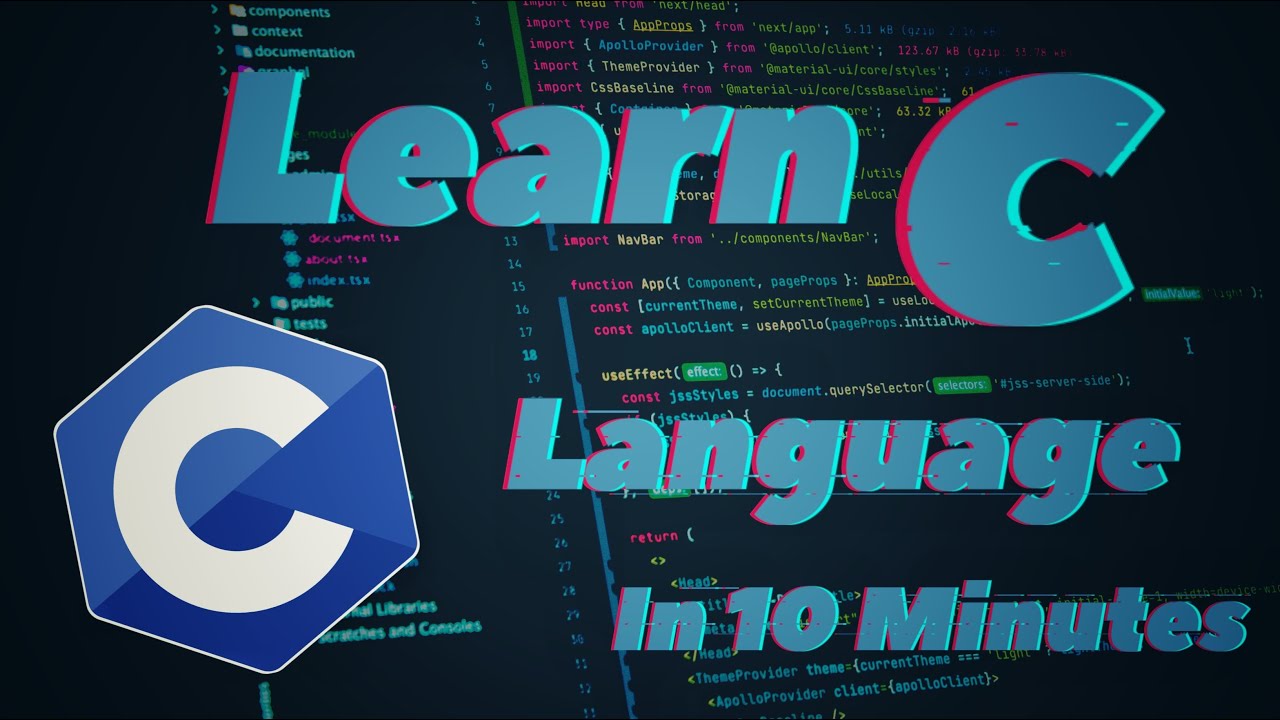Nothing Can Stop you from Competitive Programming After This!!!
Summary
TLDRIn this video, Priyan Chagarwal, a competitive programming expert, addresses common challenges faced by beginners, such as the myth that deep knowledge of DSA is needed to start, the demotivation from failures, and the struggle to stay consistent. He shares actionable solutions, including focusing on problem-solving skills, embracing failure as part of the learning process, and setting a habit of solving problems daily. Priyan also emphasizes the importance of finding a peer group and managing time effectively, offering both motivation and practical advice for those looking to succeed in competitive programming.
Takeaways
- 😀 You don't need to be an expert in Data Structures and Algorithms (DSA) to start competitive programming (CP). Focus on problem-solving first.
- 😀 Competitive programming is a journey of continuous improvement, so don't be discouraged by mistakes or failures along the way.
- 😀 Regular practice is key! Try to solve 1-2 problems daily, and gradually increase the difficulty as you improve.
- 😀 It's normal to face rejection in CP—wrong answers, time limits exceeded—use these as learning opportunities, not setbacks.
- 😀 Join online communities to connect with peers. You don’t need a physical group to practice and learn together.
- 😀 Set realistic, manageable goals to stay consistent and motivated throughout your CP journey.
- 😀 Don’t compare your progress to others. Everyone grows at their own pace, so focus on your personal development.
- 😀 Prioritize CP alongside your other responsibilities, and make it a regular part of your schedule to balance both effectively.
- 😀 Use resources like roadmap videos and tutorials to structure your CP journey and help guide you from beginner to advanced topics.
- 😀 Stay positive and be patient with your learning process. Consistency, not perfection, is the key to success in CP.
Q & A
What is the main myth about competitive programming that the speaker addresses?
-The main myth addressed is that you need to have a deep understanding of Data Structures and Algorithms (DSA) before starting competitive programming (CP). The speaker clarifies that you can start CP without advanced DSA knowledge and focus on problem-solving skills first.
Why is problem-solving more important than knowing DSA when starting out in competitive programming?
-Problem-solving skills are more important because CP problems often require creative problem formulation, not just applying theoretical knowledge. The ability to model a problem and find an efficient solution is key to success, even without deep DSA knowledge.
How does the speaker suggest handling demotivation in competitive programming?
-The speaker recommends viewing bad performances as learning opportunities. They suggest upsolving problems after a poor contest performance and analyzing where you went wrong to avoid repeating mistakes in the future.
What strategy does the speaker adopt to deal with bad performances?
-The speaker uses their ego as motivation by upsolving more problems from the contests where they performed poorly. This helps them learn from their mistakes and work on weak areas.
How does the speaker suggest improving consistency in competitive programming?
-To build consistency, the speaker advises solving at least one or two problems every day. Regular practice, even at a basic level, is important to improving in CP, rather than aiming for high volume at once.
What is the importance of having a peer group in competitive programming?
-A peer group is important because discussing problems and brainstorming solutions with others exposes you to multiple approaches. This collaborative learning can deepen your understanding and improve your problem-solving skills.
What are the potential benefits of competitive programming in terms of career growth?
-Competitive programming can improve problem-solving skills, help you work under pressure, and enhance coding abilities, all of which are valuable in technical job interviews, especially for big tech companies.
What advice does the speaker give regarding time management for competitive programming?
-The speaker suggests prioritizing tasks effectively. If CP is a priority, it’s important to allocate time for contests and practice, while balancing academic responsibilities. Time management and task prioritization are crucial for success in both CP and academics.
What resource does the speaker mention for maintaining motivation and consistency in CP?
-The speaker mentions GeeksforGeeks' 'Problem of the Day' initiative, which posts a daily problem and provides solutions the next day. This encourages consistency and provides incentives for solving problems.
How does the speaker recommend handling time constraints and pressure in competitive programming?
-The speaker emphasizes that time constraints in CP contests simulate real-world pressure, which helps improve the ability to work efficiently under stress. This experience is valuable for both competitive programming and job interviews.
Outlines

此内容仅限付费用户访问。 请升级后访问。
立即升级Mindmap

此内容仅限付费用户访问。 请升级后访问。
立即升级Keywords

此内容仅限付费用户访问。 请升级后访问。
立即升级Highlights

此内容仅限付费用户访问。 请升级后访问。
立即升级Transcripts

此内容仅限付费用户访问。 请升级后访问。
立即升级浏览更多相关视频

Learn C Language In 10 Minutes!! C Language Tutorial

Java vs C++ | Which Coding Language to learn for DSA

1.2+ Lakhs Stipend 🔥| How he cracked 𝐆𝐨𝐨𝐠𝐥𝐞 Internship from Tier 2-3 college

GATE Exam vs PLACEMENTS | Must Watch

How to Learn DSA in 2025 | Complete Roadmap

Why Kesaria Franchise is Perfect for New Businesses | Franchise Business Model | Surat Saree Market
5.0 / 5 (0 votes)
